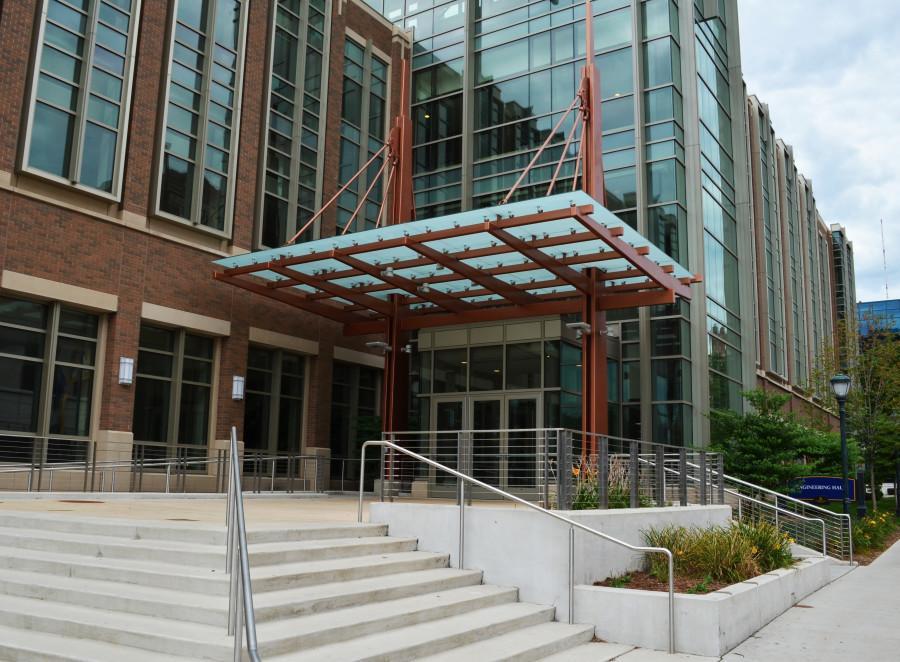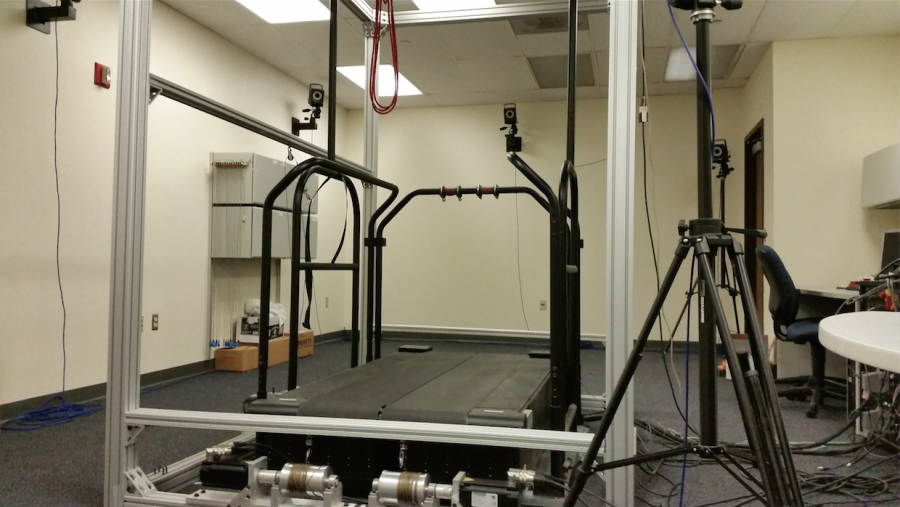Marquette celebrated its partnership with the Medical College of Wisconsin and the joint biomedical engineering department with a picnic on the lawn of Engineering Hall Sept. 15 .
According to Kristina Ropella, the dean of the College of Engineering, the picnic was set up to educate students about the new joint department and celebrate the hard work that went into making the plan a reality.
“This is the first class of students entering into the department,” Ropella said. “For years people had a vision (of a joint biomedical engineering department) and now it’s finally here.”
Dr. Joseph Kerschner, the dean and executive vice president of the Medical College of Wisconsin, described how the joint department will benefit both sides.
“Each side brings some fantastic strengths in biomedical engineering,” Kerschner said. “I think the sum of putting those together is much larger than the individual parts, whether we’re looking at the research side of things, advancements in health care, or collaborations with industry. By putting Marquette University and the Medical College of Wisconsin together, people will take notice and it will allow us to develop new and innovative educational programs.”
The process of collaboration began about two years ago, but Ropella said that the two sides share an extensive history of working together.
“We go back a long way,” Ropella said. “It goes to the late 1960s when the MCW was Marquette’s medical school. In the early ’70s they became separate institutions, but many of the faculty have been working together over several decades on research projects and trying to address clinical problems.”
Kerschner believes that the partnership will also benefit medical patients.
“When you think of research, you always think of bench-to-bedside,” he said. “What that means is how do you get the best ideas to actually help patients more quickly … I think you’re going to see discoveries come from this department,” including new patents, devices, and patient cures.
Efrain Torres, a sophomore in the College of Engineering, explained how the joint department could give students an opportunity to interact with health care professionals.
“One of the things that this joint department is definitely going to help is the interaction with clinicians (at the Medical College),” Torres said. “It will give students exposure on how they should interact in hospitals.”
Kerschner said the joint department could help establish Milwaukee as a hub for companies that need biomedical engineers.
“We think a lot of companies will spring up out of this department,” he said. “It will be good for the economy of Southeast Wisconsin. You think of Silicon Valley for (information technology) and I don’t see why Milwaukee can’t be the biomedical engineering equivalent of Silicon Valley.”






